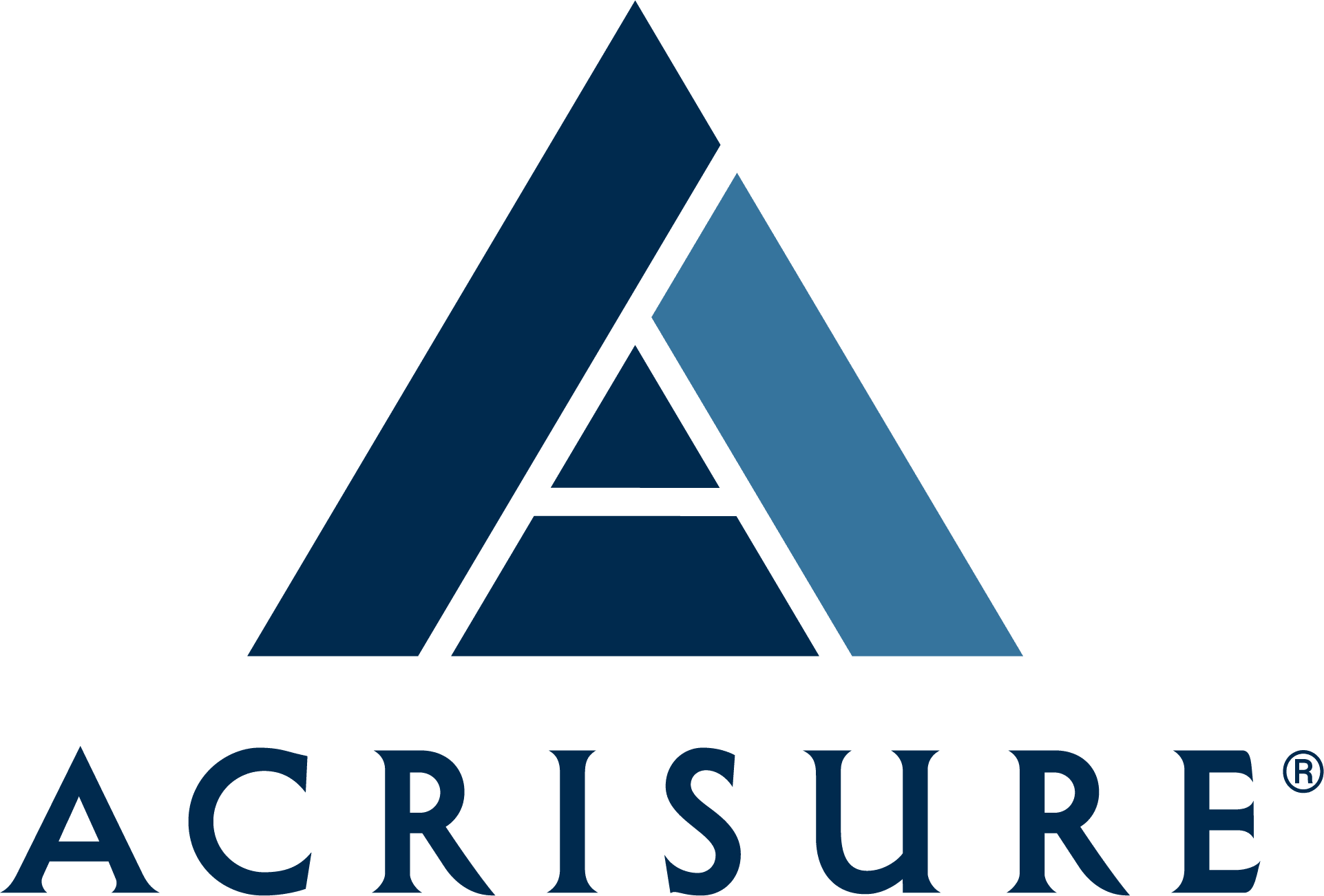
Episode 1:
"We've Cracked the Code"

Featuring Paul Plunkett
In episode 1 of Got You Covered, we speak with H&B’s President and COO, Paul Plunkett. Paul is a business insurance client advisor and has been with the Insurance Agency since 1988. In this episode, we talk about the 200 year history of the firm and what makes our services unique and helpful to our clients and carriers.
Transcript
0:01
Intro – Ryan (Host): Welcome to got you covered presented by Hickok and Boardman Insurance Group, the podcast where we unpack the countless ways in which insurance affects our lives, and so you can properly manage your unique risk.
0:38
Ryan: Welcome, everybody. This is the first ever episode of got you covered presented by Hickok and Boardman Insurance Group. Really excited to have you here. And today we’re just talking about our agency that inspired the podcast. So,I have one of my mentors. He’s the president, CEO, and a client advisor with Hickok and Boardman and his name is Paul Plunkett. Welcome to the podcast, Paul.
Paul: Hey, Ryan, thanks for having me today.
Ryan: So first and foremost, Paul, I’m curious. I’m sure a lot of listeners are curious. How’d you get into insurance?
Paul: No one really plans on getting into the insurance business. So it usually is by happenstance, I actually had a friend that worked for a competing Insurance Agency, I went to high school with him; I was living with in Boston at the time working for a large computer company, and wasn’t really happy with my employment, but in Boston, I thought, you know, it might be a good idea to relocate to Burlington, Vermont, which was where I am from.
And so, I answered an ad in the paper for a producer at Hickok & Boardman and, interviewed, really liked what I saw. And I got an odd job offer from, at the time, the president of the agency was Munn Boardman Jr. And I came back to Burlington, had some very early success, really loved the business. And I really liked learning a little bit about a lot of businesses and developing relationships with clients and problem solving.
I’m fairly analytical, so I liked digging in and really uncovering risk management problems and insurance related problems and solving those for customers. I built a book of business over time and, and in 1994, five of us purchased the agency from the prior generation. Tt was the first time that any non-Boardman had become an owner in the company.
Ryan: That’s cool.
Paul: So it was a real milestone, and I just love the business and love the company.
Ryan: That’s awesome. Yeah, I can speak to my own personal experience to a little bit I mean, coming into this role, never stopped learning, I still feel like a total green bean. But it’s an incredible business. Because of all those things you mentioned, just constant opportunity to learn and push yourself. And that’s, that’s cool.
So our agency is celebrating 200 years this year, it’s a big deal. For us. That’s a big deal. I say that to people on the street, or prospects or even clients and they’re like, “Whoa, 200 years,” they double-take. 200 years is a long time. I like to say we’re 45 years younger than the country, which is pretty impressive.
3:18
Paul: Seriously!
Ryan: So I mean, what’s really important today is what we’ve done in recent decades. But I mean, the the history of the firm. Tell me a little bit more about the history of the firm in general very quickly, and kind of how we got to where we are today.
Paul: Sure. Yeah, that’s a great question. I think the firm, as I reflect in the last year, about 200 years of any company, is that the company was fortunate enough to have owners and managers that were positioning it for the future, that we’re never laying back on their laurels relative to the success they had. They were looking to tomorrow, and how did the company need to change to adapt to the future.
And I think that certainly that’s happened, it must have happened in the first 100 years. But, no wonder, the Boardman family that lasted 91 years. It has been controlled by the Boardman family and one of the reasons why I was attracted to the company is that they were innovative, they were looking to the future of the company. And I was a part of that, they saw me as a part of that. And that’s so, I think it’s really, it’s really about looking to tomorrow, and we’ve done a lot of that we’re continuing to do it. The company’s always perpetuating itself. If you really are good at what you do, the company should always be perpetuated, if you will.
4:56
Ryan: That’s awesome. So, you know, we think about today and kind of our approach to the insurance services we provide. It’s my understanding just prior to the turn of the millennium around 2000, you and the leaders of the agency looked at a new approach. And it was a proactive approach to risk management. You want to tell me a little bit more about what that approach is, for the listeners that aren’t aware, and how you got to that decision and why it’s important?
Paul: Sure, yeah, it was an exciting time, actually, for our agency. Up to that point in the first 12 to 13 years of my career. And really the previous existence of our company, we were placing insurance, we were doing a really good job placing insurance for our customers, we were engaging the services that the insurance company offered, but we really, other than good reactive service, which we were very good at, we weren’t doing anything really proactive for our customers.
And, we felt like, to crack the code on changing our customer’s experience and the cost of their risk transfer, as well as the overall experience, we needed to provide some value-add. So that started with the creation of our loss prevention services. So, now, we employ three loss prevention professionals that we deploy to our customers, again, trying to change the claims history, or the future of claims so that we can change the cost for that risk transfer. And about 15 years ago, we added to that we. We started to hire and begin our work in the workers compensation adjustment business. So, we now have three worker’s compensation adjusters on staff, in addition to four or five other claims people that get up every morning and worry about your auto claim and whether or not it’s going well. ‘Did you get payment,’ ‘Does the insurance company have the information they need?’ So that leverage on the claim side, in addition to trying to prevent the claim, has cracked the code for us to have the most efficient, risk transfer relationship with insurance companies for our customers.
Ryan: That’s great. And I mean, from my experience coming through, and using those services with my clients and prospects, it seems like the question comes up all the time: Why? Why do I have to be so proactive? Why can’t I just wait and see what happens? My premiums are, are good right now.
Paul: Sure. Well, I mean, insurance companies don’t really bank on the future, per se, if you will, they look to the past for an indication of the future. So, if we can make the past look really, really good, or start on that journey today with our prospect or customer, then we know in the future, the experience and the pricing of that risk transfer is going to be different if we can show that information from the client to 10 insurers. That can that create a competitive desire to insure that customer which reduces cost.
Ryan: That’s great. Do we, I mean, I know the answer this question, but for the listeners out there who are curious, do we have any specialties you know, do we specialize – and we are generalist in a sense because of our geography. But you know, we do a tremendous amount of hospitality business. Tremendous amount of – one of our largest segments is construction, manufacturing, social services, and health care.
Paul: We are generalists, but we do have silos that we specialize in. We have a unique set of services that are valuable to those business segments.
Ryan: Last question for you. I’m just curious, because it’s always kind of fun to get a little bit more of the personal side of everybody on the podcast. When you were coming up through learning the business and you know, first five years or so, what was the most interesting part about the business for you that made you want to stay, maybe a unique challenge or something? An interesting story, perhaps?
8:41
Paul: Yeah, I mean, it’s, it’s a competitive industry. I’m a competitive person. I’m very customer service oriented. I like making the experience for the customer different than what they’ve had prior to their relationship with our firm, and developing relationships, not only with our clients, but with our communities. That’s been a cornerstone of our company. My values just fit perfectly with the history and the future of this this company.
Ryan: Any final message for the for the listeners of Got You Covered?
Paul: I think that the final message would really be: we’re positioning ourselves and our customers for tomorrow. I think our 200-year history indicates that, as we talked about, that the basics of how we work with our client have never changed. Our values are embedded in our culture and in our people. We’re 90-plus people strong and we really spend a lot of time on culture and making sure it’s the right fit for our company, which is the right fit for our customer.
10:00
Ryan: Awesome. And thanks for joining us today, Paul. It’s been great. So for the listeners out there, we’re really excited to have you. We hope you’ll tune in for future episodes, we’re gonna hopefully take an opportunity to introduce you to several other members of our firm, several other topics from personal insurance, to business insurance to risk management, and we got a lot of good content coming your way.
So tune in, subscribe. We look forward to having you follow our podcast and thanks again. This is the first ever episode of Got You Covered presented by Hickok and Boardman Insurance Group and we’ll see you next time!
